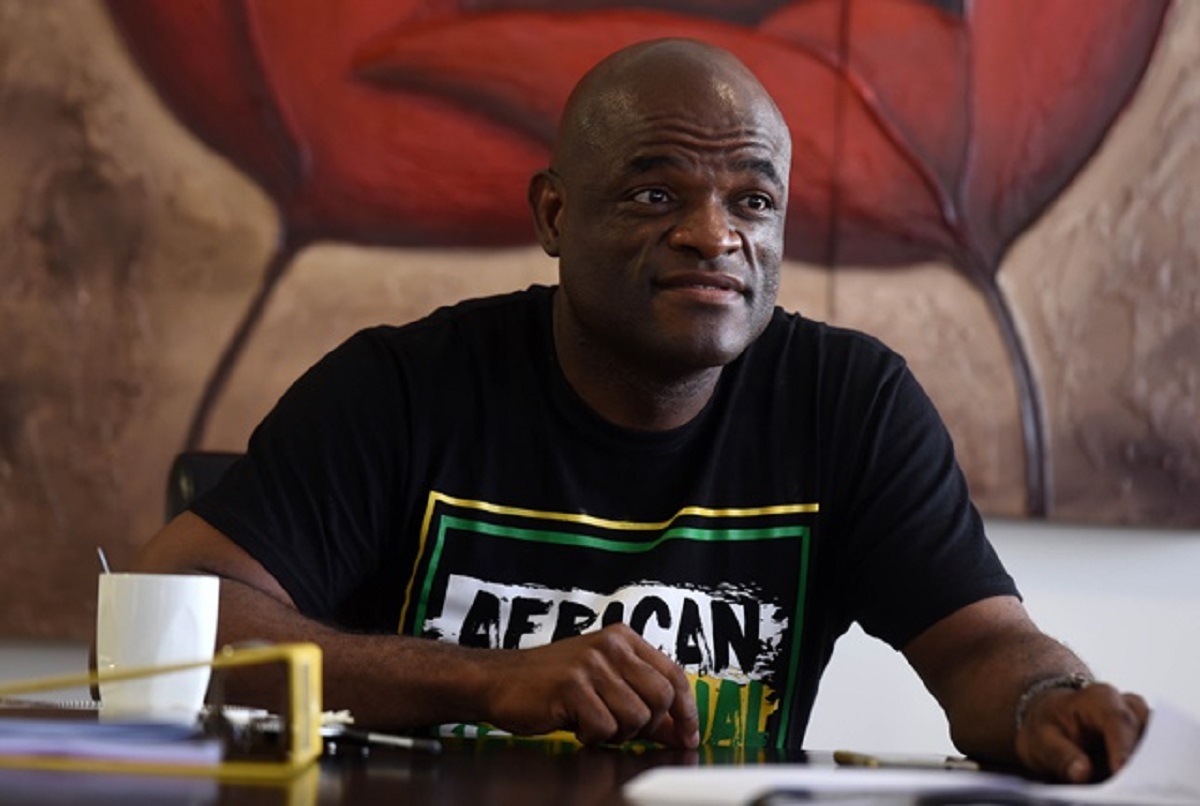
Northern Cape ANC regional conferences went smoothly with expressed determination to continue with party unity and renewal and delegates voicing their support for ANC decision to deal with corruption in the party ranks.
But more than anything, they enjoyed the new membership system that made life all the easier for branches to avoid conflict at party elections Northern Cape, Cyril Ramaphosa’s “undisturbed stronghold” as provincial leaders described it, will hold an elective provincial conference on 28 May.
The four regions that held their elective regional conferences expressed their confidence in Ramaphosa’s leadership.
Only John Taolo Gaetsewe (JTG) region in Kuruman was still scheduled to hold its conference tomorrow.
ALSO READ: Two Mathale proteges eyeing Mathabatha’s ANC position
Conferences at Like Pixley Ka Seme (De Aar), Francis Baard (Kimberley), Namakwa (Springbok) and ZF Mgcawu (Upington) regions went smoothly, something that party provincial chair Dr Zamani Saul attributed to the new electronic membership system.
The system eliminated chances of cheating and resultant litigation because a quorum at branch general meetings and regional conferences was monitored from Luthuli House head office via electronic QR-coding.
An excited Saul said: “It’s an experiment, it’s a trial and error but we are sure it will be perfected in the next two to three years. It has made life much easier for us.”
Like other regions, JTG was also expected to support the step-aside decision and back the suspension of ANC secretary-general Ace Magashule.
In all the regional conferences held so far, Saul emphasised unity and renewal and stressed the significance of the Nasrec step-aside resolution.
Saul highlighted the role of an ANC secretary-general as a unifier of the organisation, citing the example of the late Duma Nokwe, the 11th of the 16th secretary-general. Saul said Nokwe worked hard with Albert Luthuli and Oliver Tambo to unite and build a strong ANC with a capacity to confront the apartheid onslaught.
“The ANC has an unmatched history of secretaries-general who appreciated the centrality of their role to keep the organisation together. Secretaries-general are full-time because they are the first line of defence and when the organisation is confronted by difficult challenges. The expectations are that the secretary-general must rise to the occasion.”
The chair said none of the former secretaries-general had had an openly expressed ambition to be the president and, therefore, wanted to use the position to remove the sitting president.

